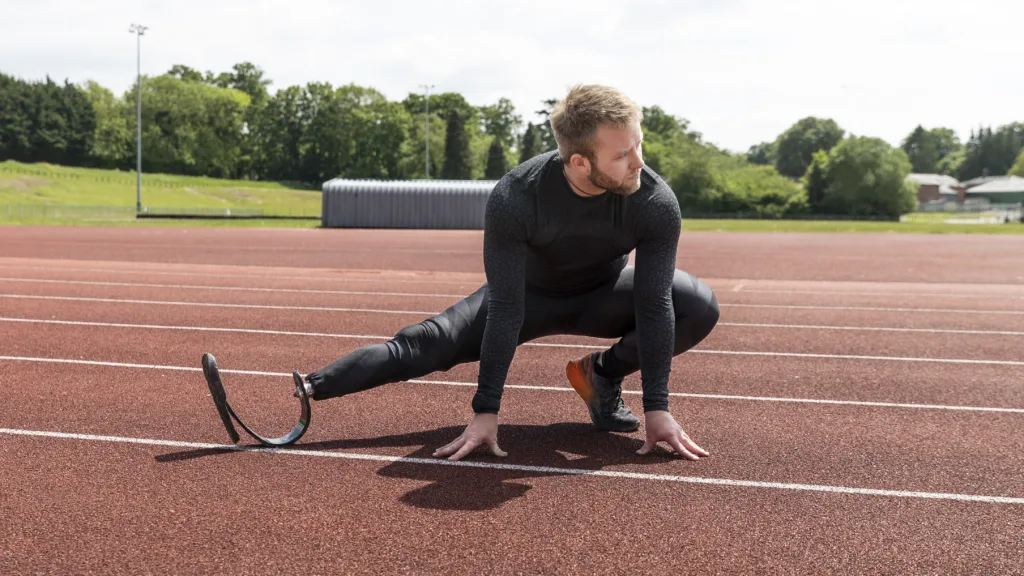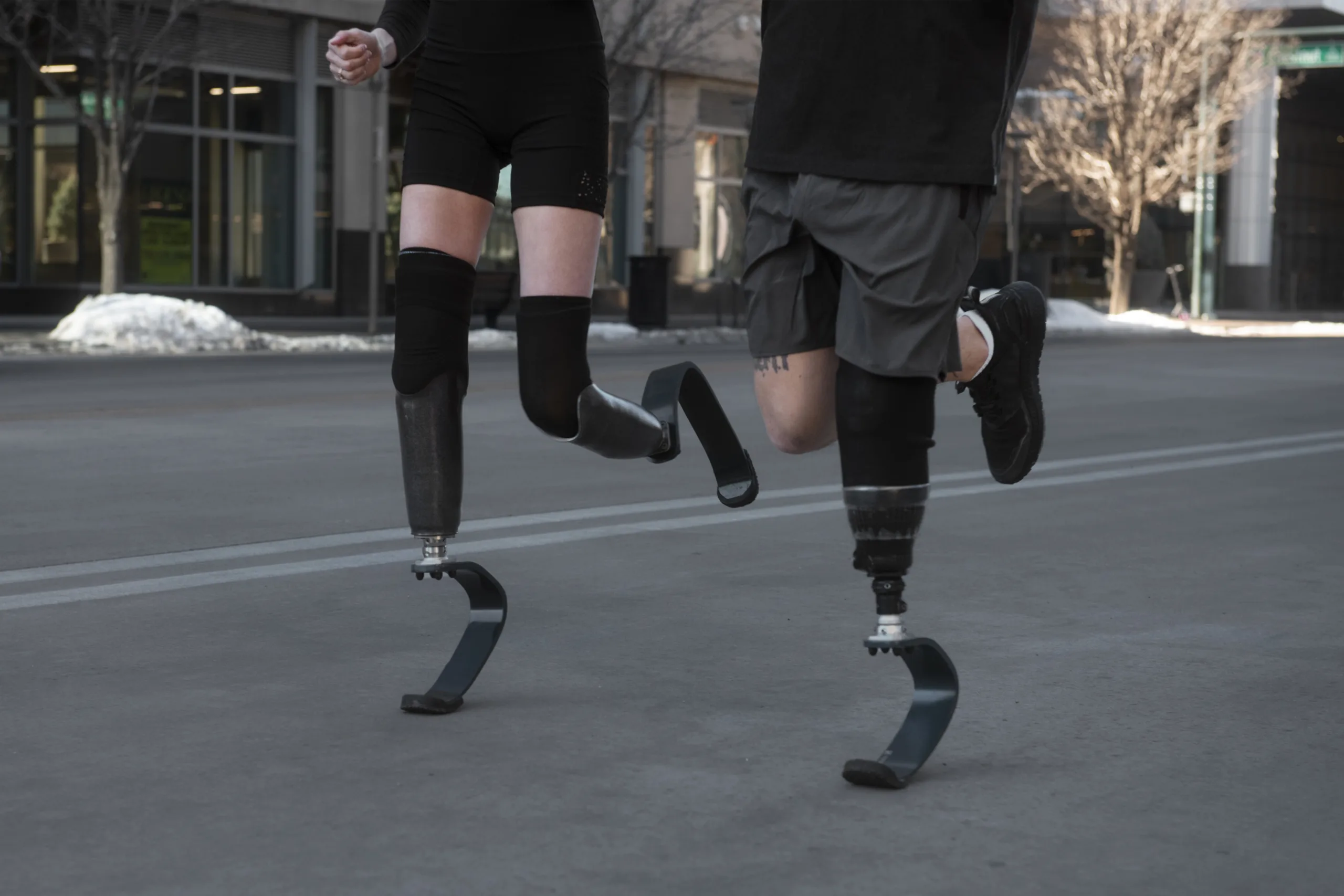In the world of Parasport, education plays a pivotal role in shaping the lives of young athletes with disabilities. This blog delves into the significance of education within Parasport and explores how Corporate Social Responsibility (CSR) initiatives can promote educational programs and awareness. Join us, as members of the Paralympic community, to discover the transformative power of sport in enriching the lives of young athletes, and the paramount role that education plays in their remarkable journeys.
The Transformative and Empowering Power of Sport:
Sport possesses an extraordinary ability to inspire, uplift, and empower individuals beyond their physical limitations. For young athletes with disabilities, engaging in Parasport not only provides an outlet for physical activity but also fosters self-confidence, life skills, and lifelong connections. Sport becomes a catalyst for personal growth and empowerment, nurturing resilience and determination that extends far beyond the sports arena.
The Role of Education in Parasport:
Education forms the cornerstone of personal and intellectual growth, providing young athletes with the knowledge, skills, and opportunities to excel both on and off the field. In the context of Parasport, education encompasses various dimensions, including academic education, sports-specific training, and awareness programs. Academic education equips athletes with essential skills, empowering them to navigate the challenges of life and pursue diverse career paths. Sports-specific training ensures that athletes receive specialized coaching and guidance to optimize their performance and reach their full potential. Additionally, awareness programs educate athletes, coaches, and the wider community about disability-related issues, breaking down barriers and promoting inclusivity.
The Role of CSR in Promoting Education:
Corporate Social Responsibility initiatives play a vital role in driving educational progress within Parasport. CSR companies recognize the transformative impact of education and invest their resources and expertise into supporting educational programs, scholarships, and mentorship opportunities. By partnering with Paralympic Committees, CSR companies create pathways for young athletes to access quality education, sports-specific training, and personal development initiatives. Additionally, CSR-driven initiatives raise awareness about the pivotal role of education in Parasport, amplifying the voices and stories of young athletes, and inspiring others to embrace the boundless possibilities education presents.

The Empowering Impact of Education:
Education, combined with Parasport and CSR initiatives, empowers young athletes with disabilities to overcome challenges, shatter stereotypes, and achieve their dreams. It equips them with the knowledge and skills necessary to navigate a rapidly evolving world, fostering independence and self-reliance. Through education, athletes gain a deeper understanding of their rights, opportunities, and responsibilities, enabling them to become advocates for change and champions of inclusivity. Education not only enhances their sporting abilities but also prepares them for a future beyond the field, opening doors to diverse career paths, leadership roles, and community engagement.
Conclusion:
Education serves as an unparalleled force within Parasport, providing young athletes with disabilities the tools they need to flourish, thrive, and make enduring contributions to society. By harnessing the power of CSR initiatives, Paralympic Committees and CSR companies collaborate to promote educational programs, awareness, and personal development opportunities. Through this collaborative endeavor, young athletes are empowered to embrace their full potential, transcending limitations and making an indelible impact on the world. As members of the Paralympic community, let us recognize the profound significance of education in Parasport and leverage its transformative power to forge an inclusive, knowledgeable, and empowered future for all.
Funded by the European Union. Views and opinions expressed are however those of the author(s) only and do not necessarily reflect those of the European Union or the European Education and Culture Executive Agency (EACEA). Neither the European Union nor EACEA can be held responsible for them.


